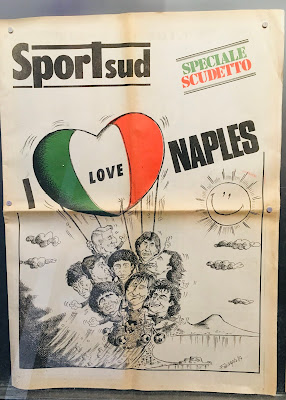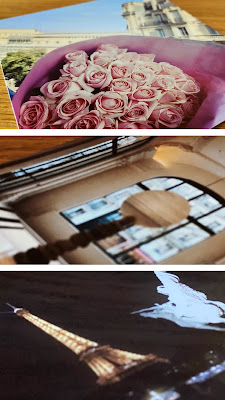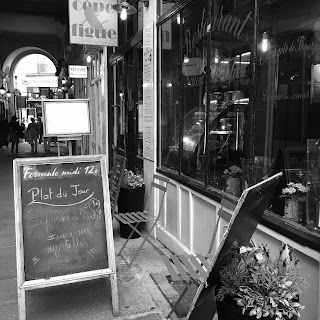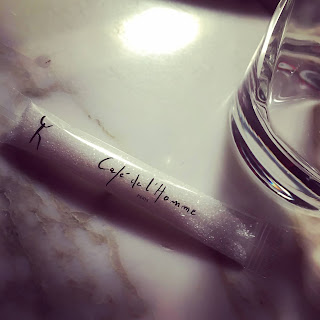Today is a sad day in our household. With a Neapolitan husband and an Argentinean son football comes close to religion. Expat boy's hero - for good and for worse - has taken his last dribble and left many soccer fans across the globe feeling like having lost a father, a brother, or a friend.
In Napoli Maradona had risen to God-like status during his 7-year stay. The infatuation is difficult to explain as the people's love for him is deeply visceral and moves through generations.
Maradona was presented to the world media as a Napoli player on 5 July 1984, where he was welcomed by 75,000 fans at the Stadio San Paolo which at the time was an unprecedented welcoming ceremony. A local newspaper stated that "despite the lack of a mayor, houses, schools, buses, employment and sanitation, none of this matters because we have Maradona".
Maradona played for Napoli at a period when north–south tensions in Italy were at a peak due to a variety of issues, notably the economic differences between the two. Led by Maradona, Napoli won their first ever Italian Championship in 1986–87. He won the Scudetto (league title) for this city not once but twice.
Murals of Maradona were painted on the city's ancient buildings, and newborn children were named in his honour. He had restored the pride in being Neapolitan, in being Southern-Italian! His were indelible years in the memory of all Neapolitans. He had worked himself into the hearts and the history of this city. A symbol of a coveted redemption and a desired resurrection.
It has been said by many that he represents the synthesis between genius and recklessness. The Argentine was ungovernable and governor at the same time, in football and in life. His weaknesses and his errors (notably off the soccer field) are equal to his immense greatness to cancel themselves in the myth.
His most famous goal remains the one scored against England during the 1986 FIFA World cup. "A little with his head, and a little with the hand of God" as the champion said himself: "Ahora sí puedo contar lo que en aquel momento no podía, lo que en aquel momento definí como «La mano de Dios»... Qué mano de Dios, ¡fue la mano del Diego!".
Grazie per averci fatto sognare. Grazie Diego!


































